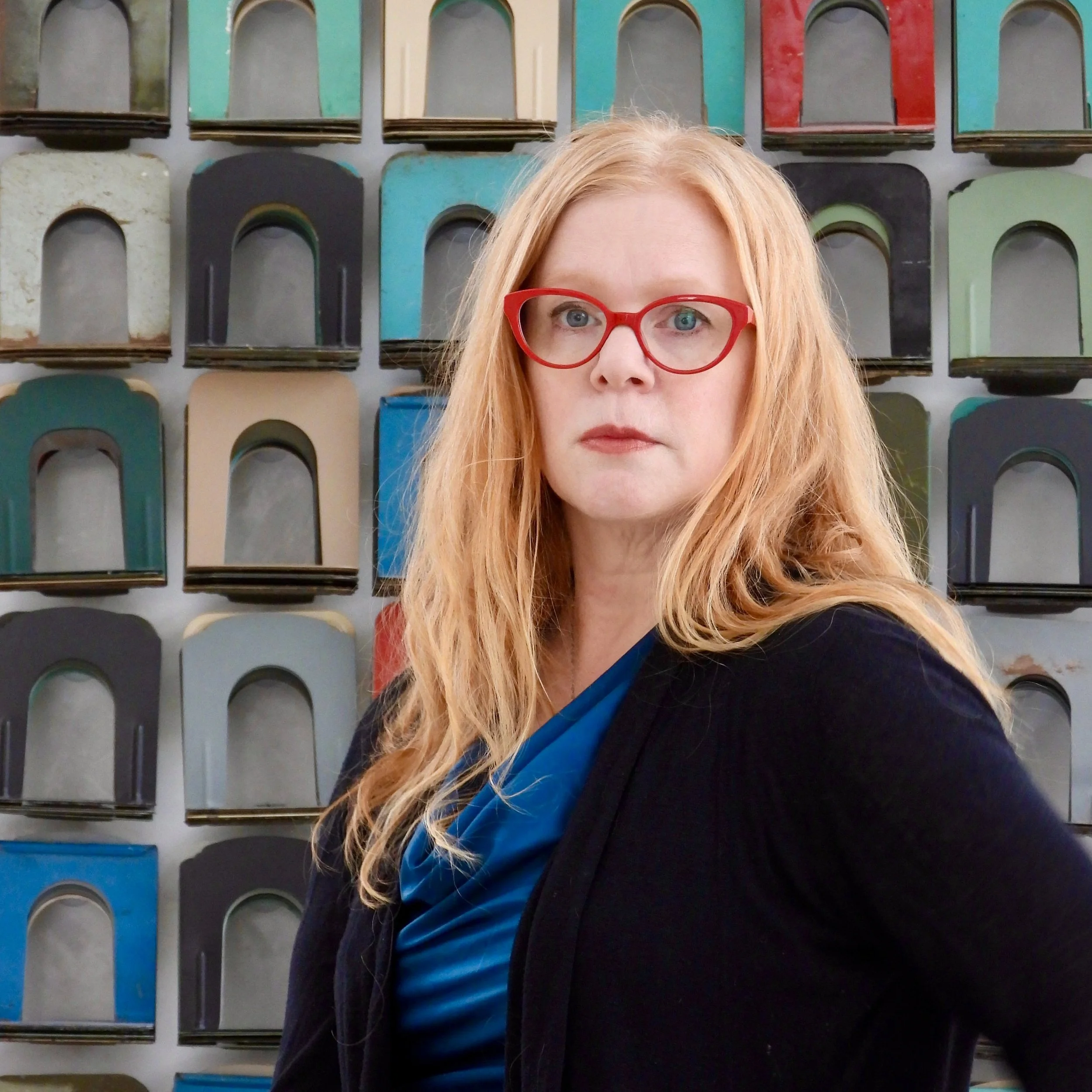This Natal House coming soon for purchase!
Synopsis
The poems in This Natal House speak to birth and its aftermath, the body’s generativity and its limits. Here, the story of children coming into being is also the narrative of a mother’s disintegration, as pregnancy sets off ongoing experiences of hypermobility and chronic pain. Conrad acknowledges the complexity of birth as unfettered welcome and as suffering for another. As the language in these poems breaks apart and comes back together, like the female body undergoing a surgical birth, the otherworldly dimensions of this shift are revealed. This is early motherhood as fairy tale, as alchemy, as transformation.
Praise for This Natal House
In this strange and beautiful chapbook that swims the liminal spaces between evidence and memory of pregnancy, miscarriage, birth, pain, and healing, poet J.L. Conrad immerses us in the unknowable. These poems shine in their masterful “slippage” into otherness, in which a woman’s body becomes “the body,” the thing “to which you are tied,” which acts of its own accord and is acted upon by others: doctors, machines. A baby born on the night of an eclipse is “caught between/ two worlds, one foot in each.” Fairytales cast the baby lost in the woods, as a fish in a bag at the county fair, as briefly visited in his bassinet by an injured bird “light as a love note.” Especially important in our current times, This Natal House is more than a mesmerizing birth story; it is a knocking interrogation of early motherhood and bodily agency.
—Cynthia Marie Hoffman, author of Exploding Head
In This Natal House, JL Conrad deftly balances the gravity of the physical world with the ethereality of existence beyond it, giving equal attention to the loss of “thoughts but also / objects and intent.” In imagistic sequences of contraction, the poems tend to the body’s demands—the mother’s, the baby’s, the child’s—then expand out to the realm of imagination, wondering, for instance, what the baby dreams before it’s a baby and what secrets it might keep. These movements play adeptly with the field of maternal time, lingering in the dissonance between the brevity and eternity of each moment of pregnancy and early motherhood. Leaning into lyric and fairy tale, this book holds the weight of what can’t be known in its palm like a worry stone and turns it over and over.
—Angela Voras-Hills
This Natal House, J.L. Conrad’s hauntingly beautiful collection, recounts the experience of childbirth and its after-effects. In a masterful sleight-of-hand, the poems track the struggle of a mother’s disoriented postpartum mind trying to recalibrate following medically induced amnesia. “How strange … to have lived/ a whole day and not remember…” The poet’s remarkable artistry with language allows us to inhabit the psyche of a woman struggling with what can’t be recalled. Because: “Something has been done/ to your body.” These poems give shape and form to the strangeness of childbearing. Woven though the collection are mythical prose poems that bear this narrative out: “The baby is a strange heavy weight” that dreams of light and shadow and feels “a vague desire to become more;” This Natal House effectively places the reader into the extraordinary, precarious and life-changing journey of childbirth, the before and the after, and the mysterious places of unknowing in-between. You will carry these poems with you as lived experience, long after you finish the book.
—Nancy Miller Gomez
J.L. Conrad is the author of the full-length poetry collections A World in Which (Terrapin Books) and A Cartography of Birds (Louisiana State University Press), as well as the chapbooks Recovery (Texas Review Press, winner of the 2022 Robert Phillips Chapbook Prize) and Not If But When (Salt Hill, winner of the third annual Dead Lake Chapbook Competition). Her poems have appeared in Pleiades, Sugar House Review, Salamander, Jellyfish, Beloit Poetry Journal, and elsewhere. She lives in Madison, Wisconsin.



